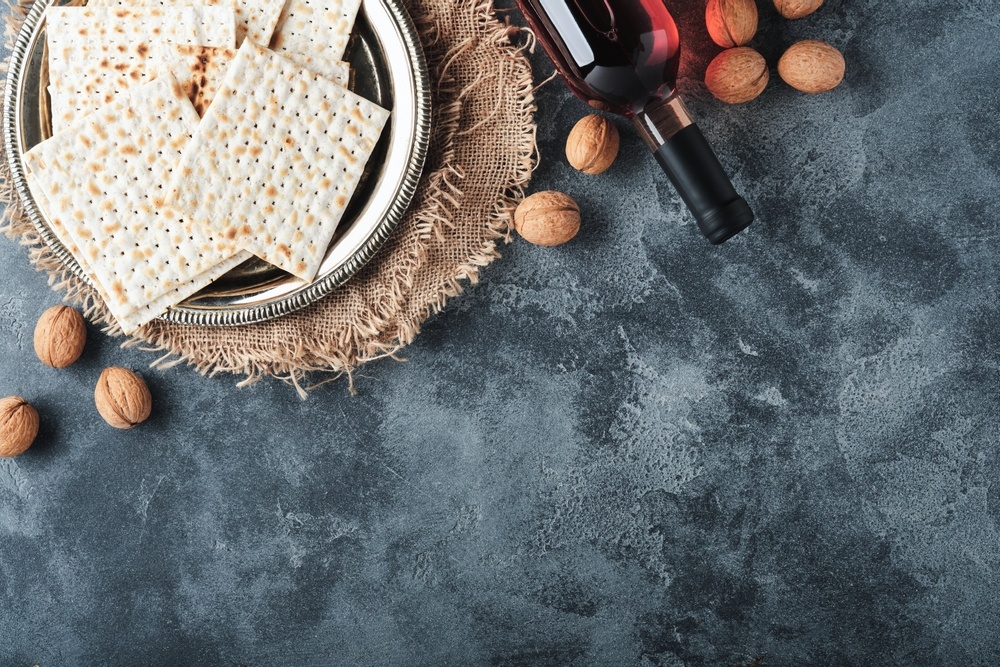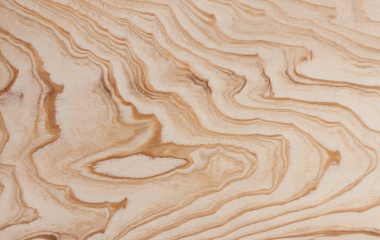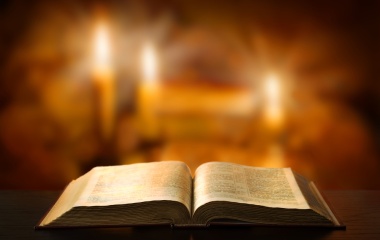
“Rabban Gamliel would say: Anyone who does not say these three things on Pesaḥ has not fulfilled his obligation, and these are they: [the korban] Pesach, Matza and Marror”. He then goes on to explain that “to say” means to explain the reason that we do so.
“This matzah that we eat for what reason? Because the dough of our fathers did not have time to become leavened before the King of the kings of kings, the Holy One, blessed be He, revealed Himself to them and redeemed them as it is written ‘And they baked unleavened cakes of the dough that they had taken out of Egypt, for it was not leavened, since they had been driven out of Egypt and could not delay; nor had they prepared any provisions for themselves’” (Shemot 12:39)[1].
So basic and central is the idea that we left Egypt in such a hurry that if one does not state this at the seder “one has not fulfilled one’s obligation[2]”. Matza is thus the bread of redemption, the bread that reminds us that G-d took us out of Egypt with “a strong hand and an outstretched arm”.
Yet as we begin the seder we declare Ha lachma anya, “this is the bread of affliction that our ancestors ate in the land of Egypt”. The matza is not the bread of redemption we ate upon leaving Egypt, but the poor man’s bread we ate as slaves in Egypt. Easy to make, cheap (yes, matza is meant to be very inexpensive food!), filling and long lasting it is the perfect food to feed slaves[3].
So which is it? Is matza the food to recall our slavery or to recall our freedom? The simple answer is that it is both. The mitzva to eat the matza of redemption can only be fulfilled if one recalls the matza of slavery. Freedom is truly meaningful only if one remembers what it is like to be a slave. It is not for naught that the Torah reminds us no fewer than 36 times not to oppress the stranger because we were “strangers in the land of Egypt” (see Bava Metzia 59b). Just as we fast on Yom Kippur to get a taste of what it means to be hungry – and then do something about it – so too we eat matza to cajole us into action, to do our utmost act so all can be free. It is the memory of slavery that helps turn the matza to the food of redemption.
That the same piece of matza can be both the food of a slave and that of a free person reminds us that the line between slavery and freedom can be very thin indeed. The very same action can be that of a slave or that of a free person. One can view worship of G-d as a terrible burden as the rashaof the Haggadah does. “Who needs this avodah he asks, equating avodahwith the avodah the Egyptians enslaved us with. Others can view that exact same worship as a wonderful opportunity for avodat Hashem, service of G-d.
The Tosafists (Peaschim 117b s.v. lema’an) quote a Midrash that the Torah forbade the 39 melachot on Shabbat that it did because it was those 39 activities that the Egyptians enslaved the Jewish people with. And it was these same 39 melachot which were used in the construction and running of the Mishkan[4]. What a powerful idea. It is not what one does that matters most but why one does something that has much greater meaning.
The Egyptians enslaved us with avodat perach, work that had no purpose other than de-humanize us. If Pharoah wanted us to be productive he would not have taken away the materials needed to build. What made the work slavery was the total uselessness of the work. Yet these exact activities were used to build a sanctuary to G-d, a place where G-d can dwell amongst us. Sefer Shemot begins with avodat perach but ends withmelachet machshevet – thoughtful and constructive work.
“There is no free person but one who is engaged in Torah” (Avot 6:2). While on the surface the many rules of the Torah are most restrictive, limiting what we may do, when one digs a little deeper one begins to realize how liberating they are. It ensures that we do not become slaves to our work by insisting we may work only six days a week, it forces us to give away some 20% of our hard earned money ensuring money does not become a god, it mandates that we treat others with respect and dignity, especially the weakest members of society helping to humble us. The list goes on and on. We can choose to worship man – ourselves or others – and remain a slave or we can choose to worship G-d and become free. The choice is ours.
[1] It is most instructive to note how Rabban Gamliel interprets his proof text. While the text focuses on the Egyptians and the Jewish people, Rabban Gamliel turns the focus towards G-d. And it is G-d and G-d alone Whom the Haggadah emphasizes as taking us out of Egypt going so far as to ignore the role of Moshe Rabbeinu.
[2] Presumably, it is the mitzva of sippur yetziat mitzraim, to tell the story of the Exodus, that one does not fulfil unless one tells the “story of the matza – and marror and the pascal lamb. Fascinatingly, some commentators explain that one does not even fulfill the mitzva of eating the matza unless one understands why one is doing so.
[3] All we know about the diet of the Jews in Egypt is what the Jewish people wanting to return to Egypt from the harsh dessert say “We remember the fish that we used to eat free in Egypt, the cucumbers, the melons, the leeks, the onions, and the garlic” (Bamidbar 11:5).
[4] I thank Rabbi David Silber for this idea.



